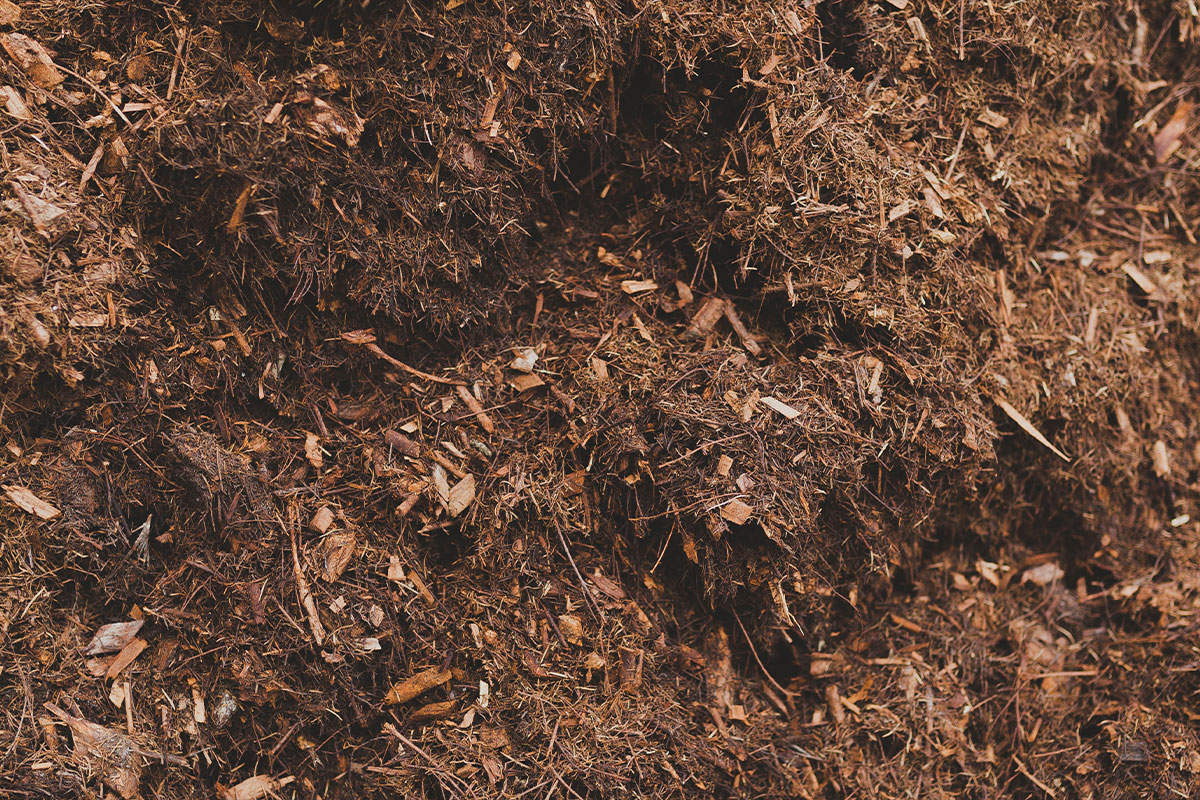In dry times, it’s really important to be conscious of how we use water. This should be something we think about all the time, but of course it becomes an even more serious when rain is scarce and water supplies are running low.
Frankly, I think a lot of us use too much water, in the house as well as outside. See what you can do to reduce the amount that you use in the kitchen, laundry and bathroom, and think about ways you might be able to re-use some of that precious stuff in the garden.
There are lots of things you can do to reduce the amount of water your plants need to thrive. Healthy plants are important not just for our enjoyment, but also for the role they play in the larger scheme of things, providing food and shelter for a huge array of wildlife.
First, work on the soil to improve water retention. If you regularly add manure and compost, your soil will hold on to moisture and need less frequent watering.

Use water crystals when you are establishing plants that will be in the ground for more than a few months. They need to be down at the root zone, so don’t use them in garden beds where you will be cultivating the soil often and therefore moving them about. Put a few water crystals in a bucket and fill with water, adding a seaweed solution at half the normal dilution rate. Within half an hour or so, the crystals will have absorbed much of the water and be ready to use. Dig your hole a bit larger than normal, and throw a few handfuls of the crystals (which now look like chopped jelly) in the bottom. Mix them into the soil at the bottom of the hole, then plant as normal.
Eco-hydrate is another brilliant water saving product. It contains organic humectants (water attractants) which absorb moisture from the humidity within the soil’s pore spaces. Plant roots then draw this moisture from the humectants, reducing the need for additional watering by about 50%. It also contains soil wetting agents, seaweed extract and plant growth stimulants. All organic, all biodegradable, so you need to re-apply every 2-4 weeks for continued effect. I like to soak new plants in a solution of it before planting, and then use the bucket of diluted solution to water the plant in. The seaweed and amino acids help to improve the plant’s moisture stress and heat stress tolerance levels.
If you find that water just runs off the surface of your pots or garden beds, you will need to use a soil wetting agent to enable the mix to absorb water again. Eco-hydrate contains a wetting agent, so it will do that job for you, or you can use one of the many other products available.
Mulching is the other great water saver. Every garden bed and every pot should be protected with a layer of mulch. Organic sugar cane is great for the herb and vege garden, and tea tree is excellent for general garden mulching. Fresh wood chips are not so good – they can draw nitrogen from the soil as they start to break down, robbing your plants of essential nutrients.
Water deeply in the early morning or late afternoon rather than in the middle of the day, and use quality fittings that don’t drip and leak.
You don’t need lots of water to create a beautiful garden, and a waterwise garden doesn’t have to look like a desert. Do your plants a favour, and help them to survive these dry times. You’ll be amazed at how much you can improve the water efficiency of your garden just by using a few simple techniques. Visit Eden at Byron, and talk to the experts.